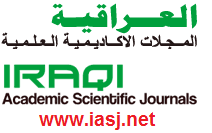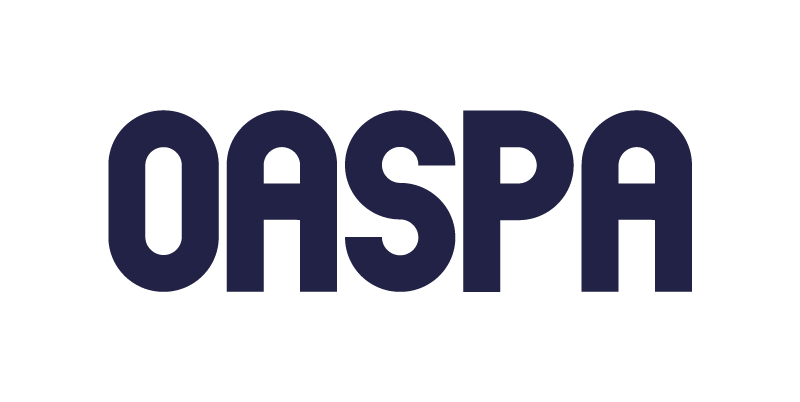Performance of Immobilized Chlorella Algae for Removing pb(II) Ions from Aqueous Solution
DOI:
https://doi.org/10.31699/IJCPE.2019.3.1Keywords:
Lead ions, Chlorella green algae, Biosorption, Immobilization, Isotherm, and kinetic models.Abstract
This study aims to show the effectiveness of immobilization of Chlorella green algae biomass in the form of bead for the removal of lead ions from synthetic polluted water at various operational parameters such as pH (2–6), biosorbent dosage (0.5–20 g/L) and initial concentration (10–100 mg/L). More than 90 % removal efficiency was achieved. FTIR and SEM-EDX analysis of the biosorbent before and after sorption show differences in the functional groups on the adsorbent surface. Langmuir and Freundlich equilibrium isotherm, pseudo-first-order and pseudo-second-order kinetic models were applied to the experimental and results and show good conformity with Langmuir isotherm model and pseudo-second-order kinetic model with correlation coefficient (0.994) and (0.998) respectively.
Received on 17/02/2019
Accepted on 03/04/2019
Published on 30/09/2019
References
Surisetty, V. R, Kozinski, J., and Nageswara, L.R., "Biosorption of Lead Ions from Aqueous Solution Using Ficus benghalensis L".Journal of Engineering.ID 167518,2013,
Babarinde, N.A.A., Babalola, J.O., and Sanni, R.A., "Biosorption of lead ions from aqueous solution by maize leaf" International Journal of Physical Sciences,vol.1(1) ,2006, pp.023-026.
Sharma, A. S.; and, Bhalerao, S. A., "Application of immobilized banana peels (Musa paradisiaca L.) into calcium alginate beads for removal of chromium (VI) from aqueous solution" IJTSRD. Vol.2 (2)2018, p 1310.
Jayakumar,V.;Govindaradjane, S,. "Biosorption of Cadmium by Green Algae A Review". J. Adv. Chem. Sci. 3(2),2017, pp 480–484.
Rashid H.M. and Faisal A. A.H. "Removal Of Dissolved Cadmium Ions from Contaminated Wastewater using Raw Scrap Zero-Valent Iron And Zero Valent Aluminum as Locally Available and Inexpensive Sorbent Wastes" IJCPE Vol.(19 No.4) 2018, 39–45.
Puranik, P.R.; Paknikar, K.M., "Biosorption of Lead, Cadmium and Zinc by Citrobacter Strain MCMB Characterization Studies", Biotechnol. Prog. Vol.(15) , 1999, pp 228-237.
Ozer, A., Dursun, G., "Removal of Methylene Blue from Aqueous Solution by Dehydrated Wheat Bran Carbon" J. Hazard. Mater, vol.146 (1–2), 2007, pp262-269.
Theydan S.K., "Effect of Process Variables, Adsorption Kinetics and Equilibrium Studies of Hexavalent Chromium Removal from Aqueous Solution by Date Seeds and its Activated Carbon by ZnCl2" IJCPE Vol.(20No.1) 2019, 23–29.
Aksu Z. "Equilibrium and kinetic modelling of cadmium(II) biosorption by C. vulgaris in a batch system: effect of temperature". Sep Purif Technol.,vol.( 21), 2001, pp. 285–294.
A. F. Ali and Z. T. Abd Ali, “Interaction of Aqueous Cu2+ Ions with Granules of Crushed Concrete”, ijcpe, vol. 20, no. 1, pp. 31-38, Mar. 2019.
Mohammed, A.; Al-Tahmazi, T.; Babatunde, A. O., "Attenuation of metal contamination in landfill leachate by dewatered waterworks sludges." Ecological Engineering, vol. 94 2016, pp656–667.
Foo, K. Y.; Hameed, B. H.,. "Insights into the modeling of adsorption isotherm systems." Chemical Engineering Journal. 156(1) 2010 ,pp 2–10.
Gheju, M.; Miulescu, A., "Sorption Equilibrium of Hexavalent Chromium on Granular Activated Carbon." Chem. Bull. Politechnica Univ. (Timişoara). Vol.52(1-2), 2008, pp41-46.
Ho, Y. S.; Porter, J. F.; McKay, G., "Equilibrium Isotherm Studies for the sorption of divalent metal ions onto peat: copper, nickel and lead single component systems." Water, Air, and Soil Pollution, vol141(1–4,)2002, pp 1–33.
Mohan, D.; Pittman, C. U., "Activated Carbons and Low Cost Adsorbents for Remediation of Tri- and Hexavalent Chromium from Water. Journal of Hazardous Materials, vol.137,2006, pp762
Ho, Y.-S.; McKay, G., (1999) "Pseudo-second order model for sorption processes." Process Biochemistry. 34(5), 1999,pp.451–465.
Downloads
Published
Issue
Section
License

This work is licensed under a Creative Commons Attribution-NonCommercial 4.0 International License.












